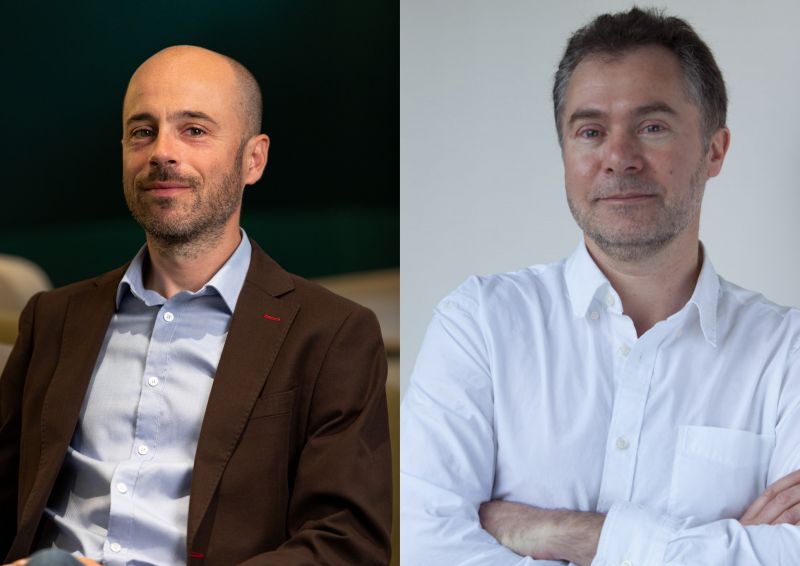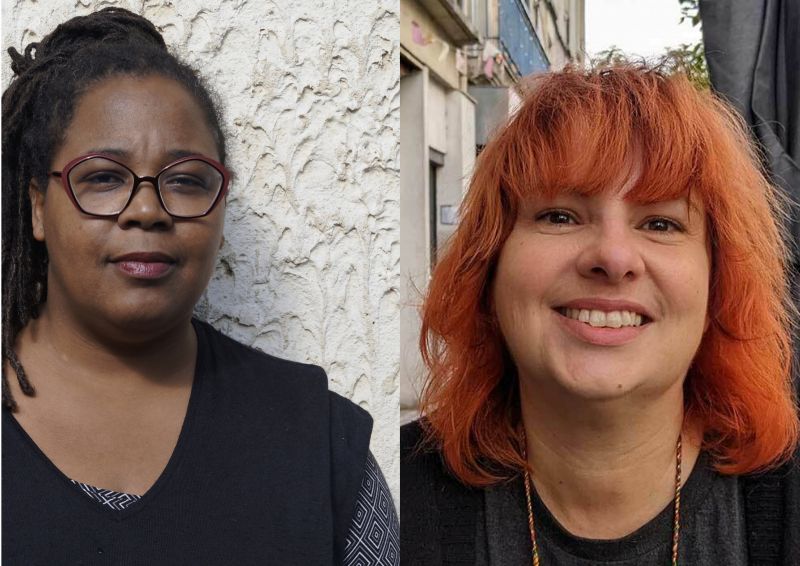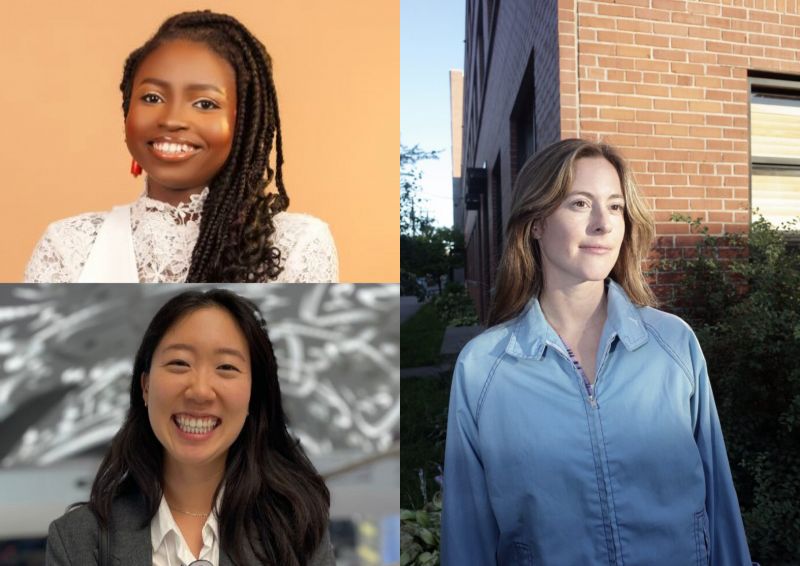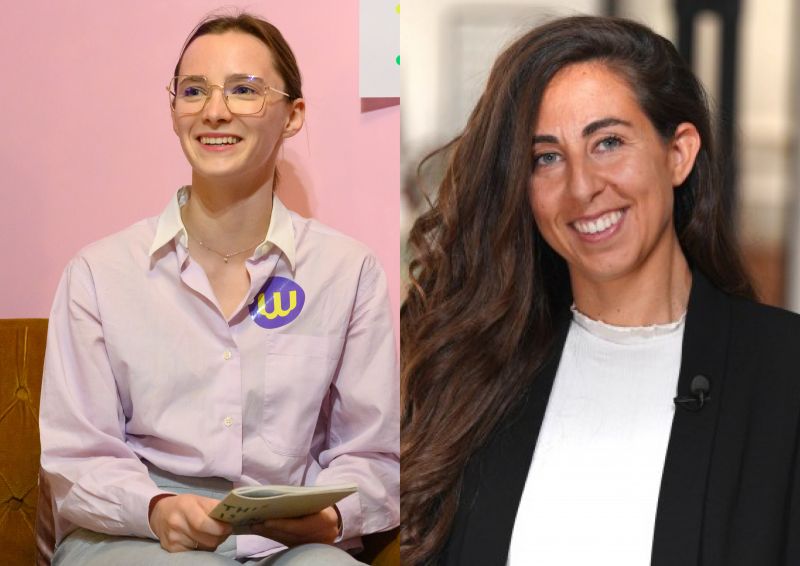Futures X Art X Change: Where Are We Now?
Four conversations on the “state of the art” happened online on July 1-10, 2025
Across the world, many individuals, institutions and informal groups are and have been working at the crossroads between futures, art, and social/ecological change. U+ itself was created 6 years ago with a mission “to explore and open possibilities for the emergence of empowering, just and sustainable futures, by mobilizing resources of the imagination (art, fiction, speculation…)”
It was time to take stock: What have we all tried and learned? What works and doesn’t work? How have we changed? How do current global changes impact our practices? What are the next challenges, the next research questions?…
Listen to the online conversations that took place between July 1 and 10 between a member of U+’s team, a guest, and some participants, around the following questions:
Should futures be “desirable” and lead to “action”?
In this conversation, Daniel Kaplan introduces “The Emerging Enterprise” by U+, and Thomas Gauthier presents the compulsory “Sustainable Futures” course that he has been running for several years at the Lyon School of Management. Both use immersive and creative methods to help, respectively, corporate executives and management students become capable of questioning the status quo and imagine alternative directions for the future.
While The Emerging Enterprise deliberately avoids normativity, never asking its 140+ participants to imagine “desirable” futures, the course focuses on the changes that searching for true sustainability is likely to bring in organizations. Whatever their differences, both approaches highlight the intrinsic value of these experiences in terms of education and sense-making, even in the absence of lasting organisational impacts.
Thomas Gauthier (Lyon School of Management) & Daniel Kaplan (U+, project: The Emerging Enterprise)
July 1 (English):

How to do participatory futures beyond the usual suspects, with all those concerned?
In this conversation, Ketty Steward reflect on U+’s “Citadins, Citadines 2050” project, while Elvire Bornand, a sociology researcher with the Plan 9 nonprofit, describes a project where a diverse group of citizens tried to reimagine funerary rituals for the future. The common question for both projects could be expressed as follows: How can democratic participation become truly inclusive, open to the plurality of voices and experience that make up the social reality of cities and territories?
Elvire and Ketty discuss the importance of trust, of providing welcoming and safe spaces, of proactively building plurality – and of rituals as a means of fostering community engagement. They also acknowledge the challenges to creating and maintaining meaningful engagement, including issues such as remuneration.
Elvire Bornand (Plan 9) & Ketty Steward (U+, project: Citadins, Citadines 2050)
July 2 (French):

What if futuring was a capability accessible to everyone, as opposed to experts?
The topic of this conversation between Chloé Luchs (U+), Fisayo Oyewale and Ijun Kim (UNICEF Innocenti), is the potential of futures literacy, in various shapes and forms, to empower young people and equip them with skills that will serve them their whole lives.
UNICEF’s “Young Foresight Fellowships” is a long-term effort to equip cohorts of young people from all over the world with foresight skills, and help them use these skills to participate more effectively in processes of change ranging from the local scale up to that of international negotiations. The Future Is Now project, of which U+ was a partner, focused on introducing European teenagers with futures literacy skills, using mostly artistic and creative methods.
In spite of the difference in both projects’ scope and focus, the conversation highlights at least two powerful, common insights: first, that young people show both adept and willing at imagining and discussing futures – provided the conditions are right. Second, that futures literacy strongly contributed to building young people’s sense of agency, in terms of feeling capable of shaping their own futures.
Fisayo Oyewale, Ijun Kim (Unicef Innocenti) & Chloé Luchs (U+, project: Future Is Now)
July 2 (English):

How can the future help young people find their voice and be heard in global conversations?
In conversation with Rose Rondelez (U+), Lourdes Rodriguez, co-executive director of Teach The Future, describes her organization’s effort to develop futures literacy programs in schools all over the world. In her view, futures thinking should and can be learned at a very young age and provides several benefits: teaching complexity, developing critical thinking, raising awareness about sustainability, and reducing anxiety about the future. However, there are also many challenges. One of them is cultural, since different cultures relate to the future (and teach) in different ways. Another is the disconnect between these efforts and the lack of follow-up by public institutions. Reflecting on their experience with the WTFutures project, Rose Rondelez and Daniel Kaplan (U+) discuss additional directions of interest: acknowledging the importance of emotions, the potential of arts to help children imagine alternative futures, and divination…
Lourdes Rodriguez (Teach The Future) & Rose Rondelez (U+ project: WTFutures)
July 10 (English):
